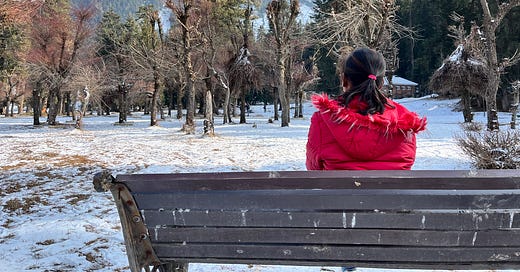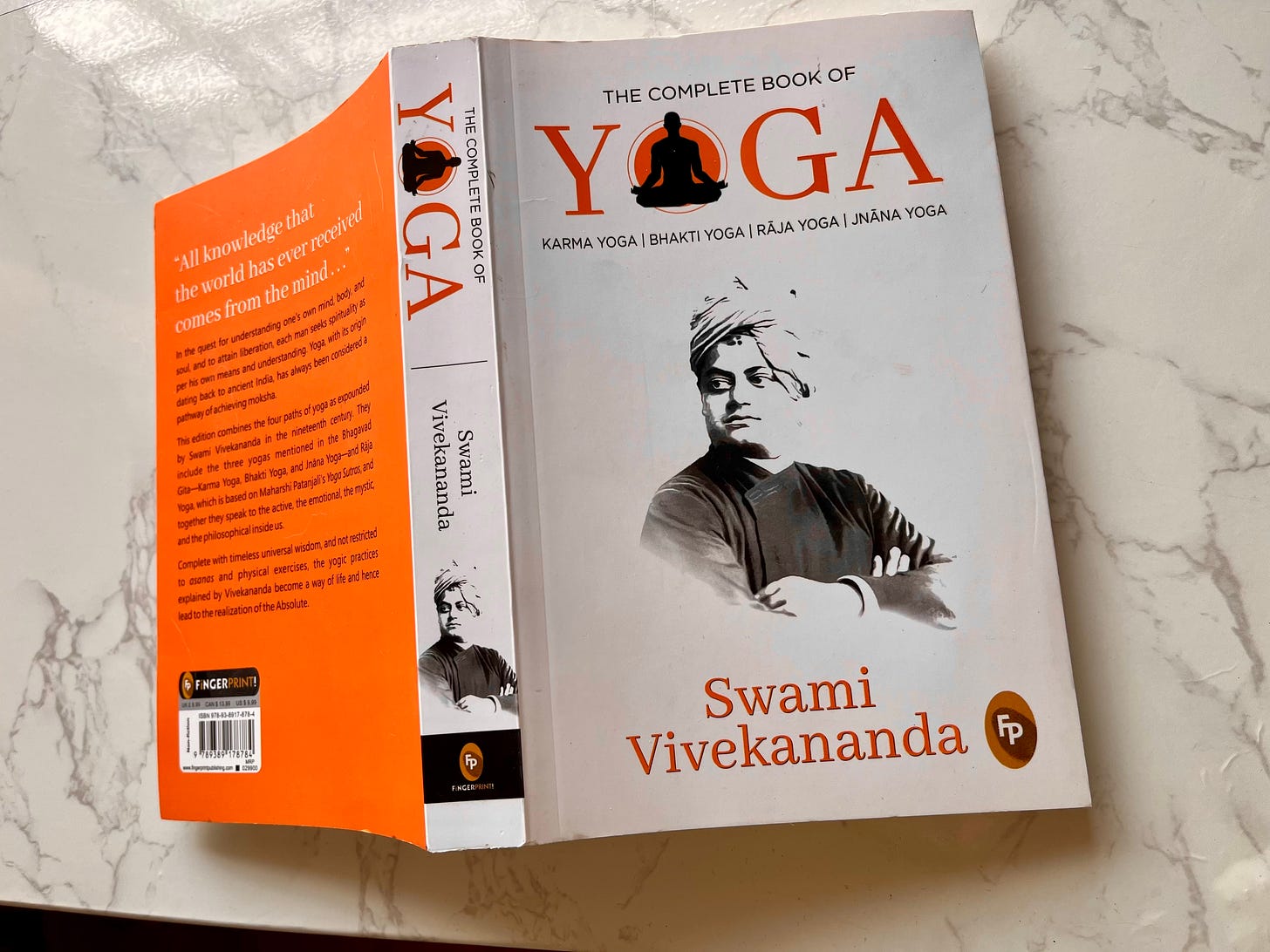I’ve been an atheist for as long as I can remember. Not the aggressive, debating kind, just someone who never felt the need to believe in a formful god or idol worship. If a higher power exists, I’ve always thought it must be formless, pure energy or something beyond human understanding. Nobody told me this. I wasn’t influenced by any book or any person. I just arrived at this conclusion on my own when I was around 15.
Growing up in a Jain family, I never connected with the rituals, the temples, or the concept of karmakand. It felt unnecessary, even contradictory at times. I would always ask, “If God is everywhere, why do we always need to seek them in a specific place?”, “If truth is subjective and meant to be explored, why are we expected to accept certain things without question?". And honestly? I still believe that.
It’s just in my nature to question what does not fit with me, not to dismiss or criticize, but to truly understand different perspectives. But every time I tried to have a conversation about religion or spirituality, the responses were downright underwhelming.
Most people would say something like, “This is how it has been done for generations, so we do it.” That answer never sat right with me. I don’t like spending time with people or in conversations that don’t push beyond “because that’s how it is”. If I’m going to explore something, I want depth, logic, and a perspective that acknowledges complexity, not just blind adherence to tradition.
Recently, though, I started reading Swami Vivekananda.
His views on religion and spirituality felt radically different from what I had heard growing up - progressive, sharp, and deeply analytical. What stood out most was his lack of bias. His opinions carried weight for me because he studied all faiths, not as a follower but as a thinker, always questioning. One of the best things I read in his writings was:
"All the answers you seek, look inward. Everything you want is already within you, waiting to be discovered."
That one line triggered something in me. Wait, who am I? Where in me are those answers?
Concurrently, my interest in macroeconomics led me back to Ray Dalio’s The Changing World Order. Dalio, a billionaire investor with 50 years of experience, has a simple rule: If you want to understand the future, study the past. That made me pause and reflect.
I had been searching for answers outwardly, trying to understand the world, its religions, and its philosophies. But maybe I had been ignoring the most obvious place to look, my own history. My ancestors, my lineage, and the ideas that shaped their worldviews. If Jainism played such a defining role in their lives, was there something in it that I had overlooked?
Now, at 28, I sometimes find myself wondering about my ancestors, what they believed in, how they made sense of the world, and what shaped their thinking. I might not fully grasp their political or ideological standpoints, but one thing is undeniable: religion played a massive role in their lives. It influenced their decisions, their communities, and their way of living. Learning about Jainism, in particular, feels like a way to connect with my roots, not in a blind faith way, but in a let’s get to the bottom of this way.
Lately, I’ve been having more conversations about Jainism, with family, friends, and even random people who are curious about it. And the one thing I keep hearing is: “Jainism is a great religion, but it’s impractical.”
And honestly? I used to agree. But this time, when I heard it again, something felt off. Is it really impractical, or have we failed to understand the full breadth of it? If Jainism was truly outdated and irrelevant, it would have faded into history by now. But it hasn’t.
In fact, here’s the paradox, Jains make up a tiny fraction of the global population, yet they dominate wealth concentration. Some of the biggest businesses in India are run by Jains. How does a religion that preaches minimalism and detachment produce some of the most capitalistic minds in the country? How does a community that supposedly rejects materialism thrive in industries driven by profit and innovation? That contradiction alone made me want to dig deeper.
So, I’ve decided to approach Jainism with a rational, scientific lens; separate wisdom from dogma. If something feels like bullshit, I’ll call it out. If something makes sense, I’ll try to apply it. And if I learn something valuable, I’ll share it in small, digestible snippets for anyone curious (not sure on which platform yet), because I know I’m not the only one with these questions.
This is about my search for meaning. I know I’m not alone in this. Let’s see where this journey takes us. My mom is going to be so happy, I’m doing this!






